Why British police are so stressed
Number of officers off sick with mental health issues has soared by 77% in four years
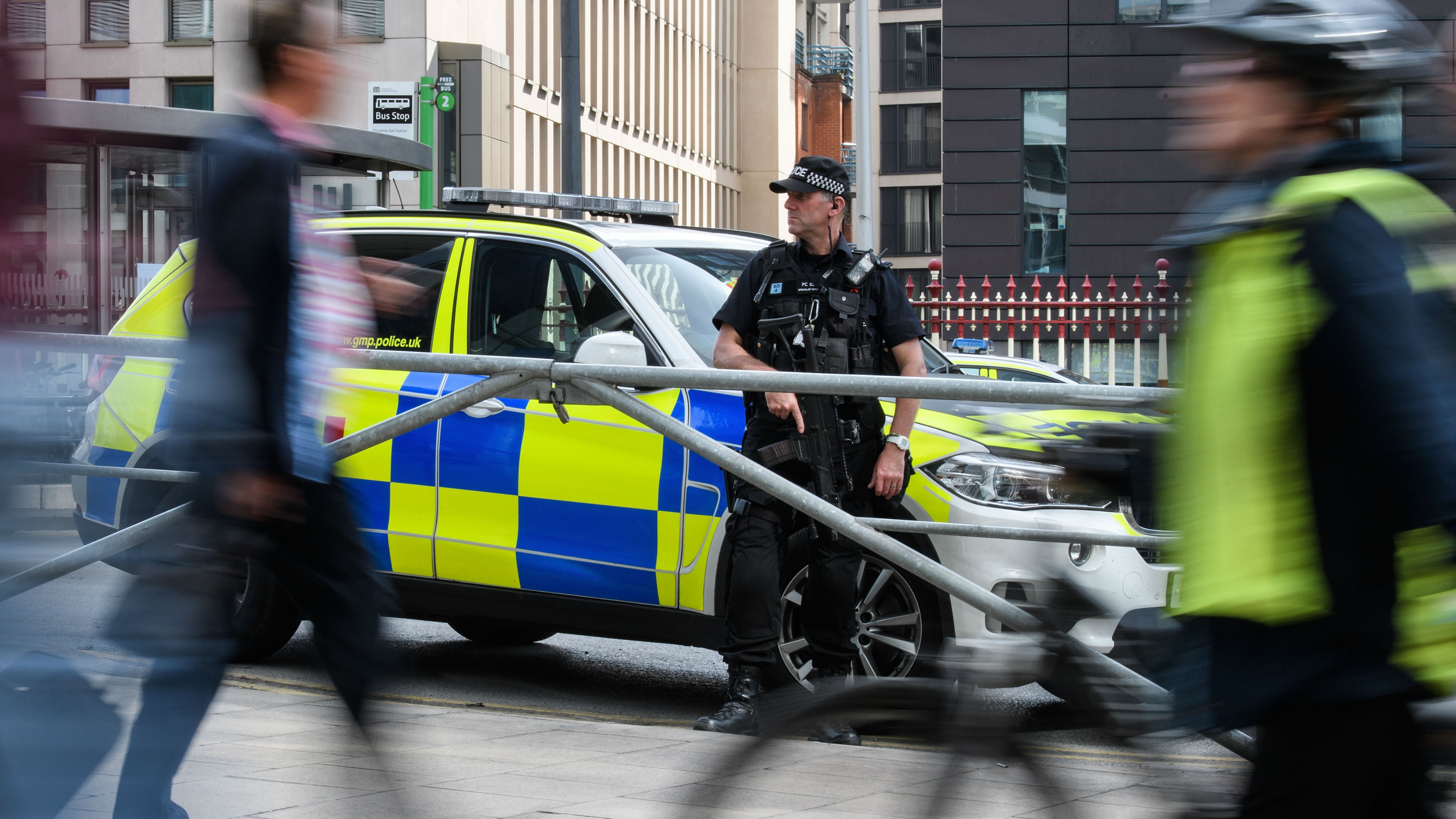
A free daily email with the biggest news stories of the day – and the best features from TheWeek.com
You are now subscribed
Your newsletter sign-up was successful
Nearly 10,000 police officers have taken time off because of stress, depression or other mental health problems over the past year, newly released figures show.
The number has soared by 77% in four years, from 5,460 in the year to March 2014, and is now the highest in the history of the police service.
Manchester, which in May 2017 suffered the deadliest terror attack in Britain since July 2005, has seen one of the highest increases.
The Week
Escape your echo chamber. Get the facts behind the news, plus analysis from multiple perspectives.

Sign up for The Week's Free Newsletters
From our morning news briefing to a weekly Good News Newsletter, get the best of The Week delivered directly to your inbox.
From our morning news briefing to a weekly Good News Newsletter, get the best of The Week delivered directly to your inbox.
Of a total 720 Manchester officers reporting mental ill health in the past financial year, 403 were suffering from stress and 42 had symptoms of post-traumatic stress disorder (PTSD).
The figures were revealed by police news site Police Oracle, which made Freedom of Information requests to the UK’s forces.
Dorset, Essex and Nottinghamshire Police did not respond to the requests, meaning the true number of officers off with stress is likely to be more than the 9,672 recorded, reports The Sun.
The police service has faced wide-ranging cuts, with the number of officers in England and Wales falling by nearly 20,000 between September 2010 and September 2017, to 122,000.
A free daily email with the biggest news stories of the day – and the best features from TheWeek.com
Che Donald, vice-chair of the Police Federation of England and Wales, says he is not surprised that more are calling in sick.
“You’ve got a pressure cooker environment exacerbated by the job itself which involves exposure to traumatic incidents. Police officers are broken,” he said.
A Home Office spokesman said it took the issue of police well-being “very seriously”, and that it has invested in programmes “including targeted mental health support and £7.5m over three years for a dedicated national welfare service, to directly support officers”.
-
 ‘This is something that happens all too often’
‘This is something that happens all too often’Instant Opinion Opinion, comment and editorials of the day
-
 House votes to end Trump’s Canada tariffs
House votes to end Trump’s Canada tariffsSpeed Read Six Republicans joined with Democrats to repeal the president’s tariffs
-
 Bondi, Democrats clash over Epstein in hearing
Bondi, Democrats clash over Epstein in hearingSpeed Read Attorney General Pam Bondi ignored survivors of convicted sex offender Jeffrey Epstein and demanded that Democrats apologize to Trump
-
 ‘Longevity fixation syndrome’: the allure of eternal youth
‘Longevity fixation syndrome’: the allure of eternal youthIn The Spotlight Obsession with beating biological clock identified as damaging new addiction
-
 RFK Jr. sets his sights on linking antidepressants to mass violence
RFK Jr. sets his sights on linking antidepressants to mass violenceThe Explainer The health secretary’s crusade to Make America Healthy Again has vital mental health medications on the agenda
-
 Why social media is obsessed with cortisol
Why social media is obsessed with cortisolIn The Spotlight Wellness trend is the latest response to an increasingly maligned hormone
-
 The app tackling porn addiction
The app tackling porn addictionUnder the Radar Blending behavioural science with cutting-edge technology, Quittr is part of a growing abstinence movement among men focused on self-improvement
-
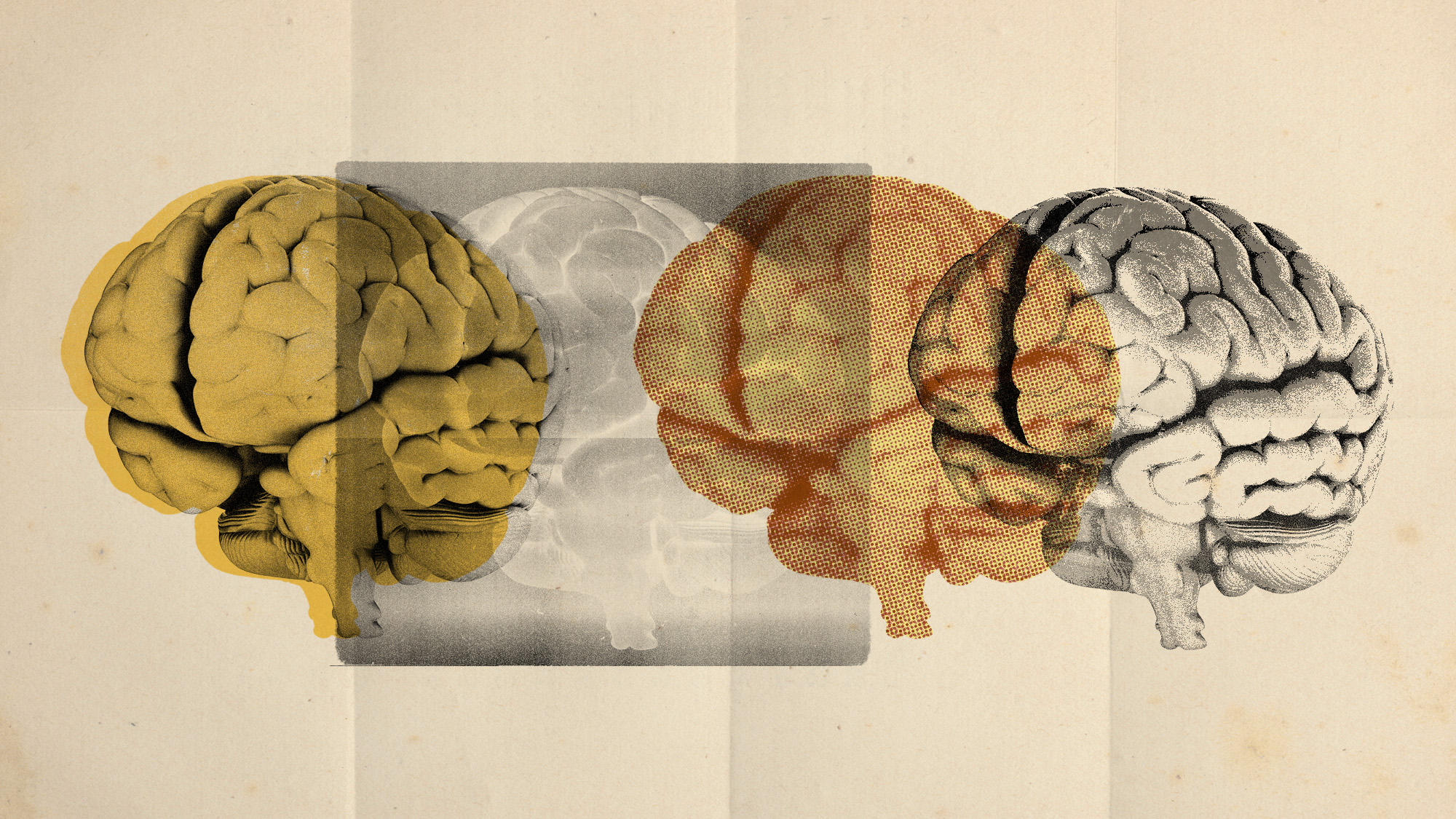 Scientists have identified 4 distinct autism subtypes
Scientists have identified 4 distinct autism subtypesUnder the radar They could lead to more accurate diagnosis and care
-
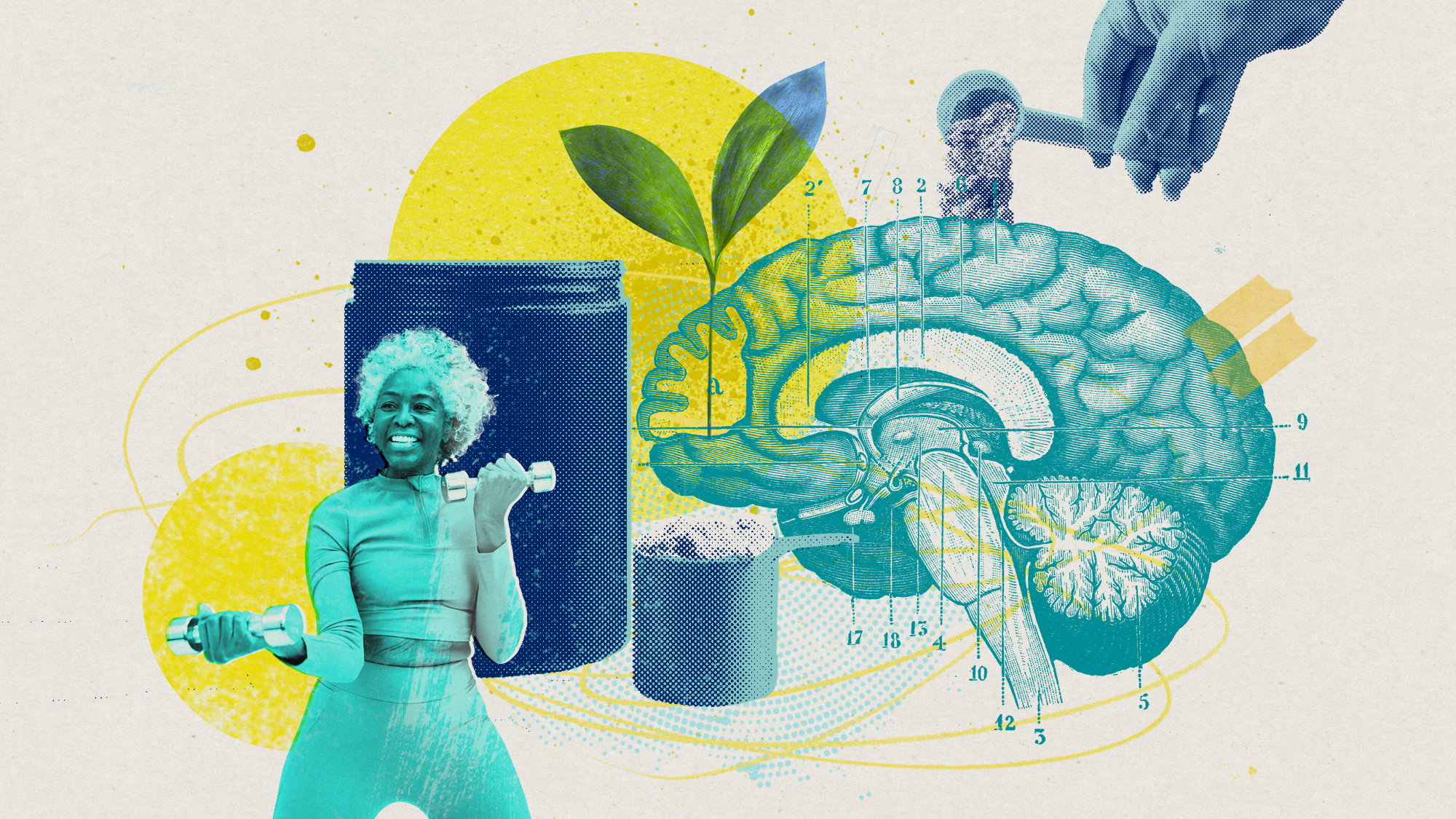 'Wonder drug': the potential health benefits of creatine
'Wonder drug': the potential health benefits of creatineThe Explainer Popular fitness supplement shows promise in easing symptoms of everything from depression to menopause and could even help prevent Alzheimer's
-
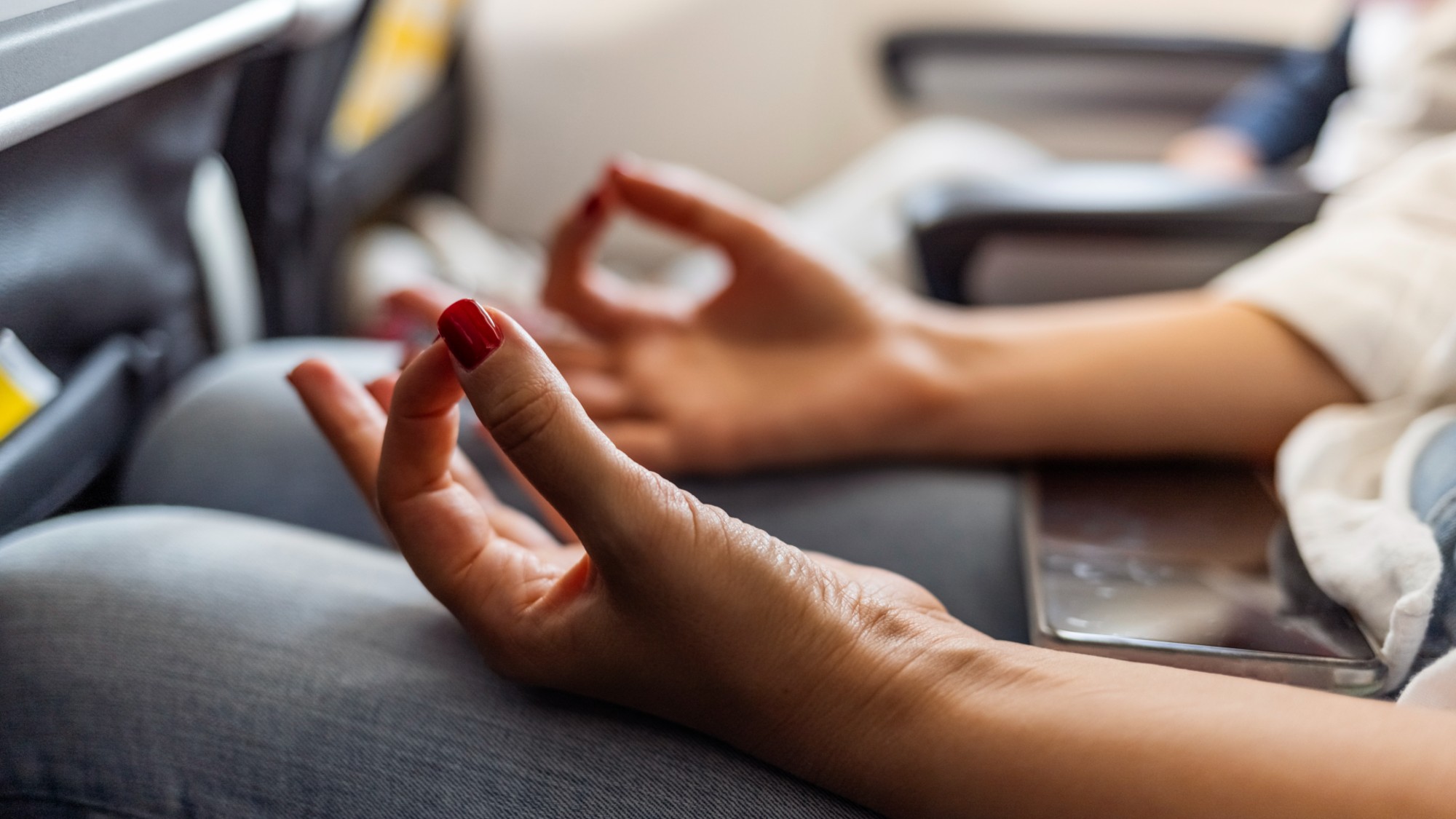 Fly like a breeze with these 5 tips to help cope with air travel anxiety
Fly like a breeze with these 5 tips to help cope with air travel anxietyThe Week Recommends You can soothe your nervousness about flying before boarding the plane
-
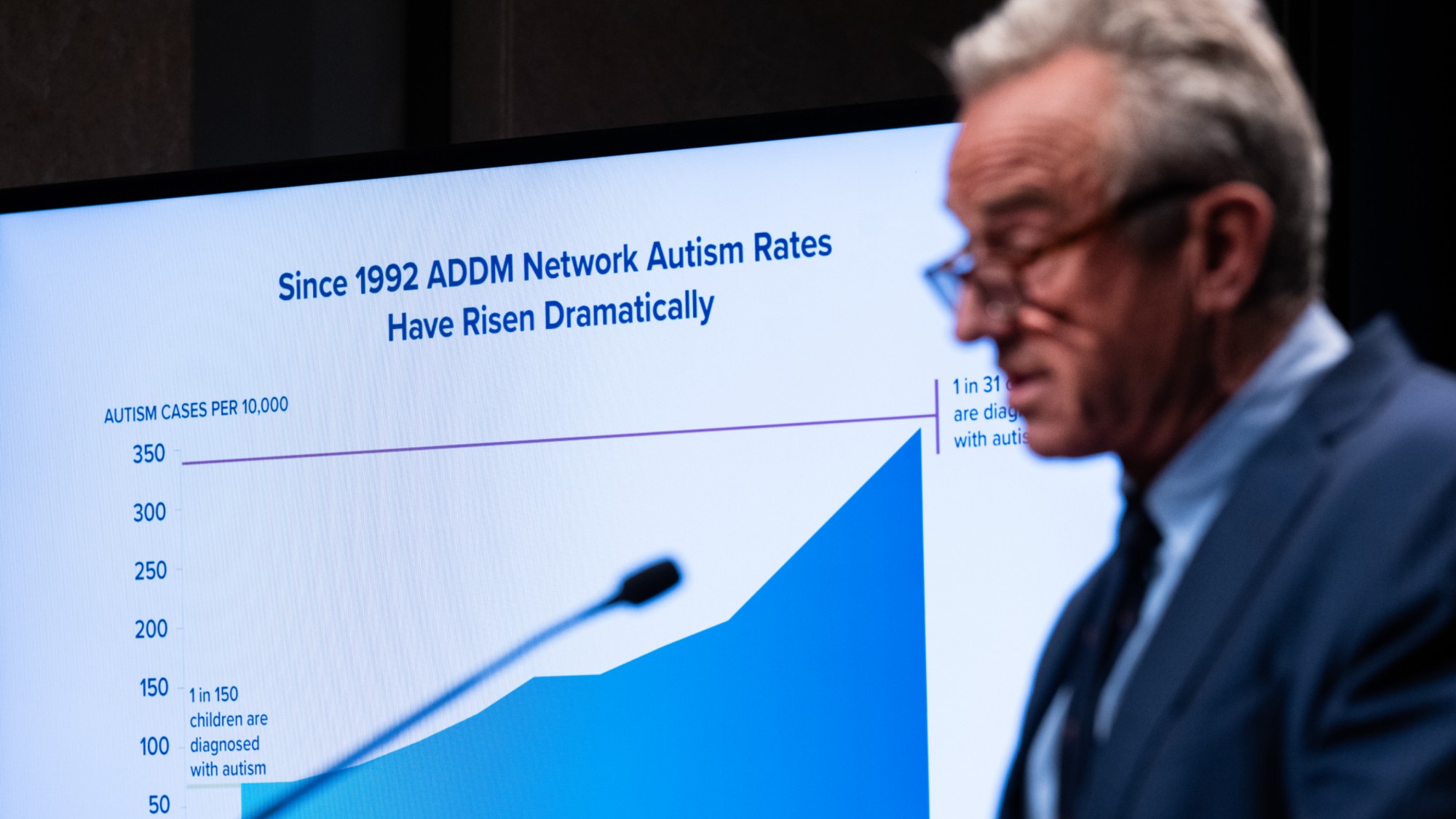 RFK Jr.'s focus on autism draws the ire of researchers
RFK Jr.'s focus on autism draws the ire of researchersIn the Spotlight Many of Kennedy's assertions have been condemned by experts and advocates